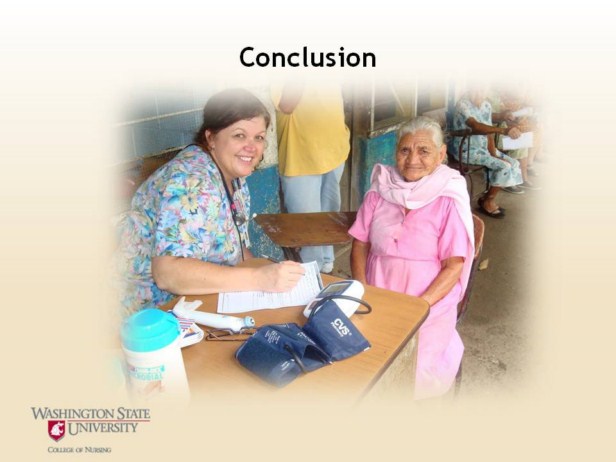| front |1 |2 |3 |4 |5 |6 |7 |8 |9 |10 |11 |12 |13 |14 |15 |16 |17 |18 |19 |20 |21 |22 |23 |24 |25 |26 |27 |28 |29 |30 |31 |32 |33 |review |
 |
Globally, medication non-adherence is a problem facing healthcare providers. Poor adherence to medication regimens in common, contributing to substantial worsening of disease, death, and increased health care costs. Many factors are associated with medication adherence and better outcomes in older adults. Strategies to overcome these barriers include raising information and skill levels, simplification of medication regimens, long-term reinforcement, education, development of dispensing aids, and improved communication between the patient and health care provider. These interventions to improve adherence will provide better outcomes, improved disease management, and lower healthcare cost. As providers, we must close the gap and realize that implementation of the proper incentives and support mechanisms will provide a better outcome. Now is the time to achieve a better understanding of the barriers leading to medication non-adherence and to make improvements to truly change adherence behaviors |